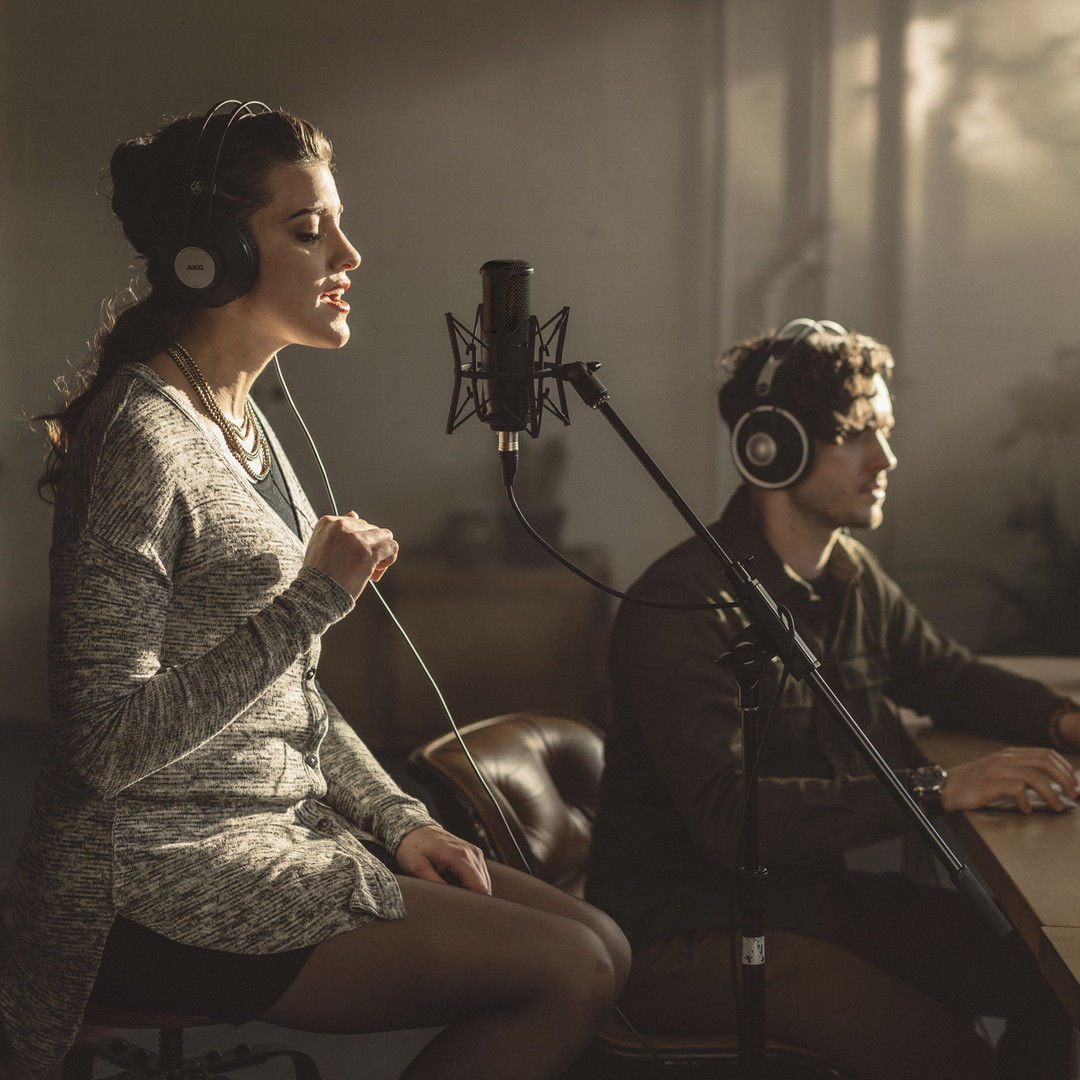![How to make it as a DIY musician [Part 1]](/images/news/2015-10-30-AKG-9071-w768.jpg)
Recording
Flashback to the late 70’s: punk culture is in full swing and cassettes are the method of music consumption for most in the UK. Home tape recorders are a relatively affordable purchase too, giving birth to DIY albums on tape. Bands from anywhere could put a mic down, record a scratchy take and multiply them very quickly.
These days, although cassettes may be the plaything of Retromaniacs, other forms of music consumption are just as easily created on the fly and for very little capital. Modern software and Audio Interfaces can be obtained for a few hundred pounds and are more than adequate for professional recordings. A few YouTube videos or lessons from a savvy friend and you’ll be set to record tracks.
Once recorded, you have two options: have a crack at mixing and mastering, or send it to a professional (most producers will mix/master tracks for a fee). This can be costly, but is one of the most important parts of the recording process, so getting it right is crucial.

Putting Music Online
After you’ve got your tracks together, you need to get your music online. In modern times there are a multitude of routes you can take. YouTube and Soundcloud both have their followings but serious musicians need to have their music on all of the major streaming sites. [Read our article 'How to sell your music online' here] Fortunately, there are a number of outlets that will put your music onto all of the big players, some of which do so for free!
Promotion
With a product ready for market, it’s time to promote. Normally, a PR company will charge to put your music under the nose of people who will review it. Most big journalists will be more inclined to take work from PR companies (we’ll look at a workaround for this later…) but there is a wealth of smaller organisations with respectable reach. These are where the magic can happen.
A few important things to remember when approaching these companies:
When it comes to radio play, things are a bit different. Generally, radio is much harder to break into, so this is all about the contacts. Mainstream radio is unlikely for a small band, but speak to local musicians about local stations and find someone to speak to. Also, never underestimate the power of genre-specific shows. Again, the hosts for these are music lovers at their core, so a polite word on a social media channel can sometimes start a ball rolling.

Social Media
Speaking of social media, this is the time to get yours up to date. Facebook, Twitter, Instagram, YouTube, Spotify… if you can think of it, you should probably have it! Build your pages naturally at first to get an honest scope of your size and don’t feel that every social media needs to be identical. In general:
These aren’t rules by any means, but a good place to start from. With regards to paid promotion, my advice is to hold off, certainly at the beginning. There are varying reports of success from different sources, but at least until you have something solid to promote, it wont be worthwhile.

Getting Gigs
Music out, people know who you are… now it’s time to show the world what you’re made of! The first step is to find your local promoter. Most towns will have a music scene of sorts and even if it isn’t the scene you would aim for yourself, they will likely know other promoters nearby. It can also be worthwhile making friends with similar local bands, and even touring acts in your style. These contacts can prove invaluable down the line, and any support slots are great ways to put your act in front of an active fan base.
Sam Cross
Come back to our Musicians Blog soon to read Part 2 of "How to make it as a DIY musician". In the meantime why not check out our previous article, "Finding success as an Independent Artist".
This new blog is presented by the team at Sound Technology Ltd, a leading distributor of musical instruments and pro audio equipment in the UK and ROI.